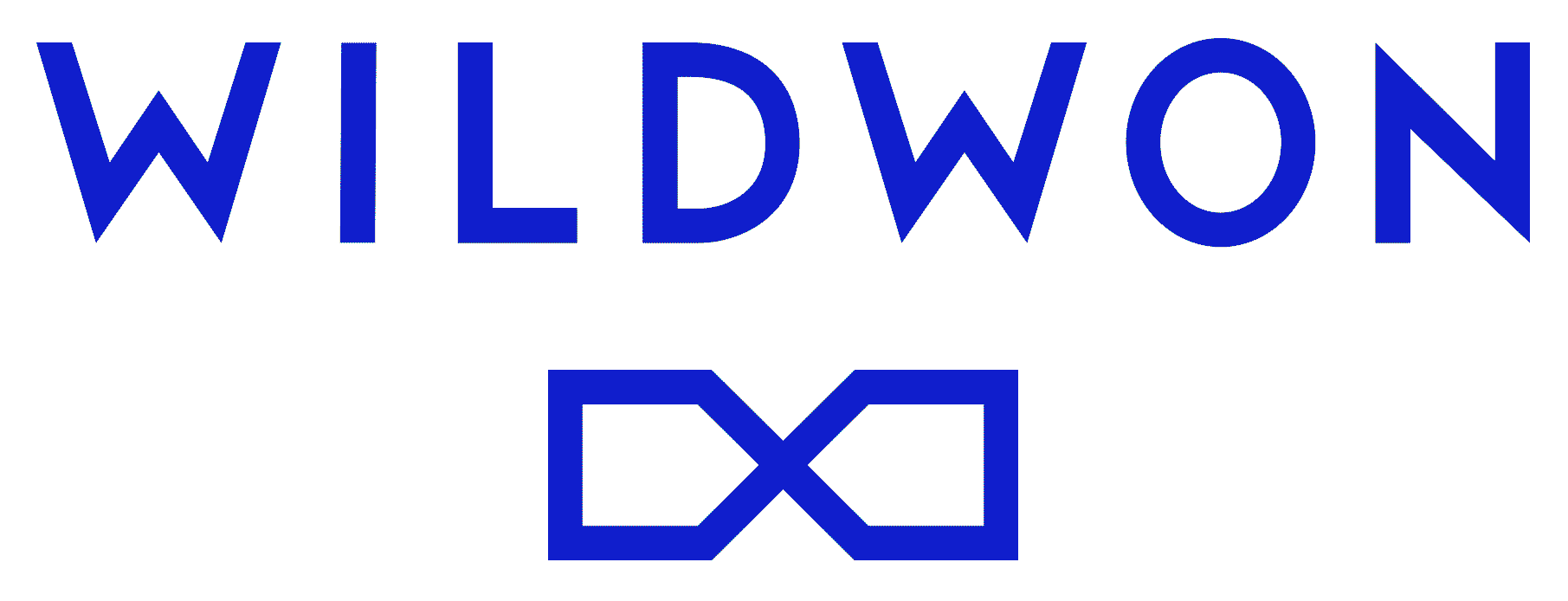Meaningful Experience Design
As humans, and whether we realise it or not, meaning is everything. It feeds into the life choices we make, be them big and seemingly small – from working at a particular company and living in one suburb over another, choosing a partner to choosing a toilet paper brand, or buying produce from a farmer’s market, rather than the supermarket down the road. We make choices at a deep, emotional level and are influenced by what connects with our values and humanity.
Meaning is also something we crave. We feel its absence – from a soulless job, to a shallow conversation to a faceless corporation or a mass-produced product.
And that’s why – as a experience design agency – we only craft and curate experiences that are imbued a deeper purpose and, yes, meaning.
So, what do we mean when we talk about crafting meaningful experiences?
The Wildwon focus on meaningful experience design emerged from two observed trends:
1) A shift to The Experience Economy (Pine & Gilmore, 1998) and the new millennium’s Experience Society (Schulze, 2007) where people value less instead of more, uniqueness instead of standardisation and making instead of consuming. And of-course the mega-trend that is user experience design.
2) Audiences seeking more meaning – in their interactions with people, in their choice of products, in what they invest their time and money in, from their employers and infused in their everyday lives and experiences. This may manifests as people ‘shopping their values’ or choosing ‘slow travel’, for example.
We spotted a gap, and set out to create meaningful content and rich experiences that created a deeper, more authentic and transparent engagement with organisations and people.We applied our backgrounds in user experience design to live events and their digital legacy or ‘echo’, with groundbreaking results.
Today, ‘meaning’ and ‘experience’ are measures by which we evaluate all of our ideas and concepts.
We ask ourselves: have we balanced the deep purpose of an organisation (what we want to achieve) with the making of a rich, real and human experience for our audience that answers a deep need (what we want to do ‘for’ people)?
Using our unique methodology, we pride ourselves on creating true ambassadors for ideas and organisations.We have seen it time and time again: provide a meaningful experience with an organisation or brand, and you will have a loyal customer, follower or employee forever.
Breaking it down: Meaning & experience
‘Meaning’ and ‘experience’ conjure different things for different people. To an interaction designer, an experience is about a beautiful product and interface. To someone who works in tourism, an experience is about a memorable holiday. To someone who works in retail, it’s how a space feels.
We look at experience in the broadest sense - any touch point you might have with an organisation, brand or community. This is more and more common amongst those who focus on experience design and integrated brand experiences. The difference for us (of course) is where it meets meaning.
What does it look like?
At Wildwon, a meaningful experience could be a 1200-person conference discussing the big issues facing Australians (Progress, 2013, 2015 & 2017). Or a close-knit community event upskilling environmentally conscious entrepreneurs (Office of Environment’s Start Something workshops, 2016). It might meet a forward-thinking event about purpose-driven business (Purpose, 2015 & 2016) or a coming-together of design and technology professionals (Link Festival 2015 & 2016). It might even mean partnering with an organisation, like Charter Hall, to create and sustain a culture of diversity, inclusivity and real connection amongst team members.
We design plenty of experiences at Wildwon – and you can read more about them here – but the important thing is we colour them with meaning.

